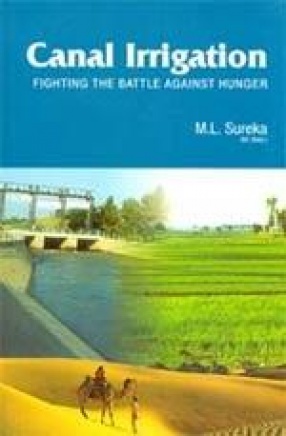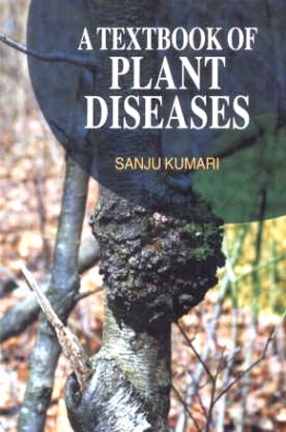Irrigation is an essential component of progressive agriculture. In fact, development of irrigationa has become synonymous with agricultural development and rural prosperity. The Rajasthan Canal, subsequently renamed as Indira Gandhi Nahar, is a gigantic project to harness the waters of the Ravi and Beas rivers to quench the thirst of the desert lands of Western Rajasthan. It has proved to be most significant development for the State of Rajasthan as also for the country. Canal Irrigation presents an account of this national project right from its inception to its completion. It provides an inside view of the highly interesting andexhilarating story of the project. As a sequel to the advent of the RCP, the author has given the historical background of the mighty river Saraswati vanishing into the desert, the scanty rainfall and recurrence of famine in the area and the necessity of irrigation development to eliminate famine and hunger. The socio-economic conditions of the area prior to the advent of the RCP and after the implementation of the project have also been described. The author has also delved deep into the background and the course of the Indus Basin Water Dispute and the Indus Water Treaty, World Bank intervention and the various discussions and agreements. This has become highly relevant in the present context of the differences between the States of Punjab, Haryana and Rajasthan over the sharing of waters. This book will certainly prove to be valuable reading for those concerned with irrigation, colonisation planning and general administration as also to the general reader and researcher.
Quality Standards of Indian Medicinal Plants, Volume 11
Involving premier research ...
$157.50
$175.00





There are no reviews yet.